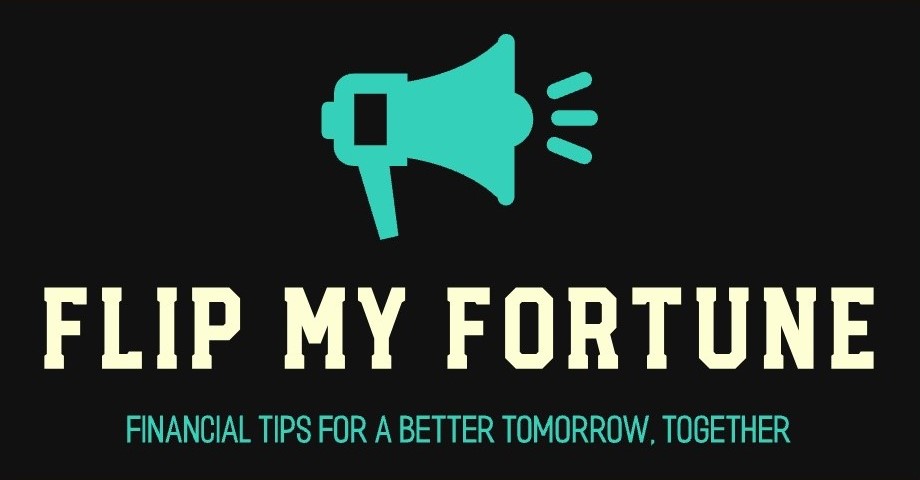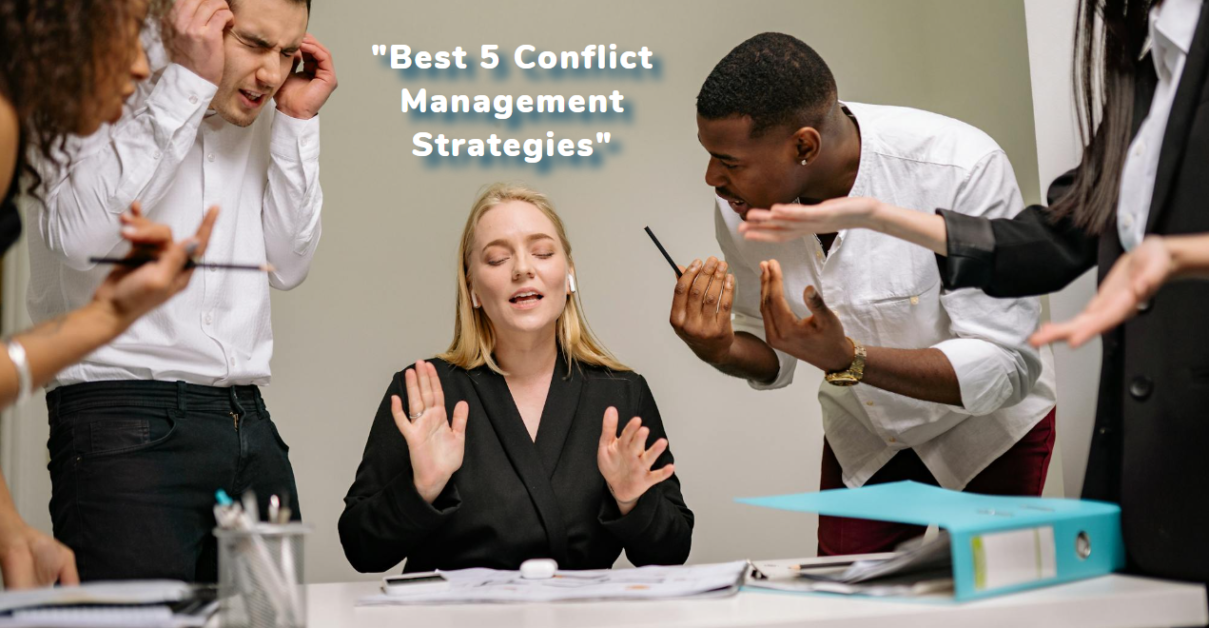Conflict at work is unavoidable but with the right conflict management strategy it can result in positive discussions, strong connections, and an enjoyable work environment.
There are five efficient methods for successfully settling conflicts:
1. Open Communication as a Conflict Management Strategies
Open communication is most effective in resolving conflicts. Having your workers voice out and speak about their feelings and concerns brings about a trust and transparency atmosphere. How to use open communication:
Create Safe Spaces: Ensure a platform in which workers can voice concerns in a safe environment, free of any form of retribution.
Foster Conversation: Engage in routine follow-ups and conversation with your workers to tackle any concerns early enough to avert complications.
Active listening: Have both parties in a dispute heard through active listening. Active listening entails full attention, an expression of feelings, and a rewording of statements.
2. Identify the Root Cause as a Conflict Management Strategies
Understanding the root cause of a dispute is crucial to its successful conclusion. Miscommunication and lack of satisfaction are the main causes of disagreements. To determine the root cause:
Look for Answers: discussion with concerned people in order to understand their points of view and experiences. Analyze Trends: Look for recurring trends or issues that can generate tension in the group
Be objective: Respond in a dispassionate manner, basing your reaction on fact, not emotion
Once you have determined the cause, then correct it in a proper and effective manner and refrain similar clashes in future.
3. Cooperate in Solutions as a Conflict Management Strategies
Collaboration helps in resolving a dispute in a win-win manner. Do not make a decision, but involve everyone in creating options for a resolution. How collaboration can work:
Call for Involvement: Invite all concerned persons to make contribution and recommendations towards resolving the dispute.
Seek Out Compromises: Search for places both sides can make accommodations in order to arrive at a satisfactory resolution.
Prioritize Solutions That Please All: Opt for a solution that works for everybody, generating a sense of collaboration and cooperation.
Collaborative problem-solving not only addresses conflicts but also deepens relationships between and amongst team members.
4. Set Clear Expectations as a Conflict Management Strategies
Clear settings can actually discourage conflicts in the first place. By having a clear picture and knowing about their role, work, and performance, workers will not have an opportunity to encounter any misconceptions. To have a clear setting:
Define Roles: Specifically detail each player’s role to avoid redundancy and uncertainty.
Communicate Goals: Make sure that everyone is aware of the team’s goals and how they can fit into them.
Offer Constructive Feedback: Provide feedback consistently to update workers regarding mistakes and how to correct them and prevent future clashes.
By having a specific expectation, you have a well-planned environment in which your workers can develop with less tension.
5. Follow-up as a Conflict Management Strategies
Following resolution of a dispute, it’s important to follow through with involved parties to confirm that a resolution holds and lasts. After-action follow through can include:
Check-ins: Have follow-up sessions with your mentor to go over how events have transpired and whether any new complications have arisen.
Seek Employee Feedback: Ask for feedback about the resolution mechanism and any improvements that can be included in it.
Track Progress: Monitor team performance and interpersonal relations in order not to allow conflicts to re-emerge.
Conclusion
Any workplace will have disputes, but how they are resolved can impact productivity and the atmosphere as overall. Businesses may create a productive, happy, and positive work atmosphere by utilising open communication, teamwork, clear policies, emotional intelligence, and problem-solving skills.



1 thought on ““Best 5 Conflict Management Strategies””
Hello there